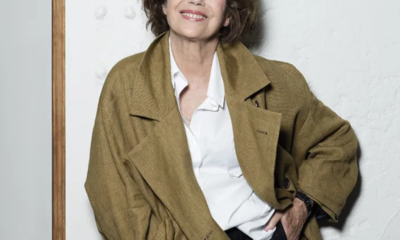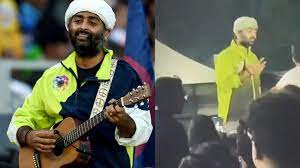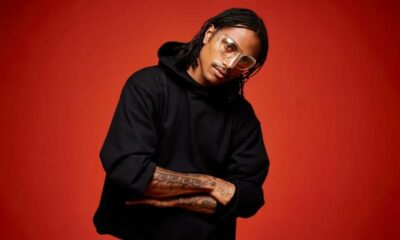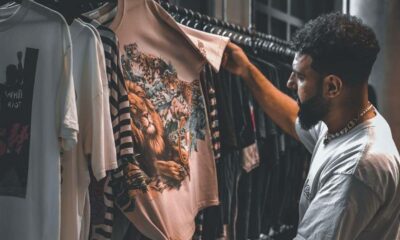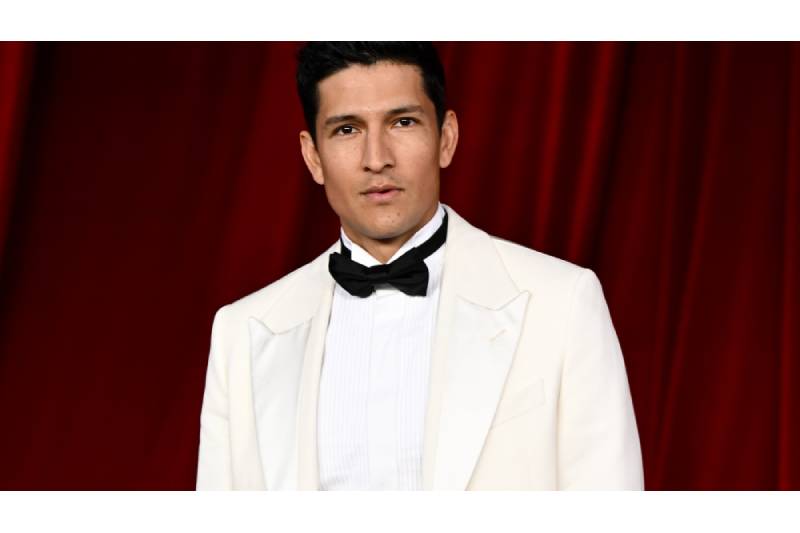Entertainment
The most important skill in singing from the point of view of the popular and famous Iranian singer and musician Mr. Mohammadreza Ghoreishi

Entertainment
Danny Ramirez on Joaquin Phoenix Leaving the Gay Romance Film Directed by Todd Haynes
Entertainment
David Schwimmer Remembers Rejecting “Men in Black”: ‘That Would Have Made Me a Hollywood Star’
Entertainment
The Role of Vulnerability in Success: Hannah Love’s Guide to Embracing Your True Self
-

 Business4 weeks ago
Business4 weeks agoAustal, a startup, has Raised $43 Million to Build a Massive sailing cargo trimaran
-

 Health3 weeks ago
Health3 weeks agoSamsung’s Android Health App Has Been Updated
-

 Technology3 weeks ago
Technology3 weeks agoApple has revealed a revamped Mac Mini with an M4 chip
-

 Sports3 weeks ago
Sports3 weeks agoDodgers Unveil Plans for Friday Parade and Stadium Celebration
-

 Science3 weeks ago
Science3 weeks agoAstronauts Confront Vision Challenges in Space with Upcoming Dragon Mission
-

 Business2 weeks ago
Business2 weeks agoMining waste is converted by a startup into vital metals for the US
-

 Science2 weeks ago
Science2 weeks agoSpaceX will launch 24 Starlink satellites from Florida on Monday
-

 Science1 week ago
Science1 week agoExosonic, a Startup, Experiences a Supersonic Explosion Before Failing

